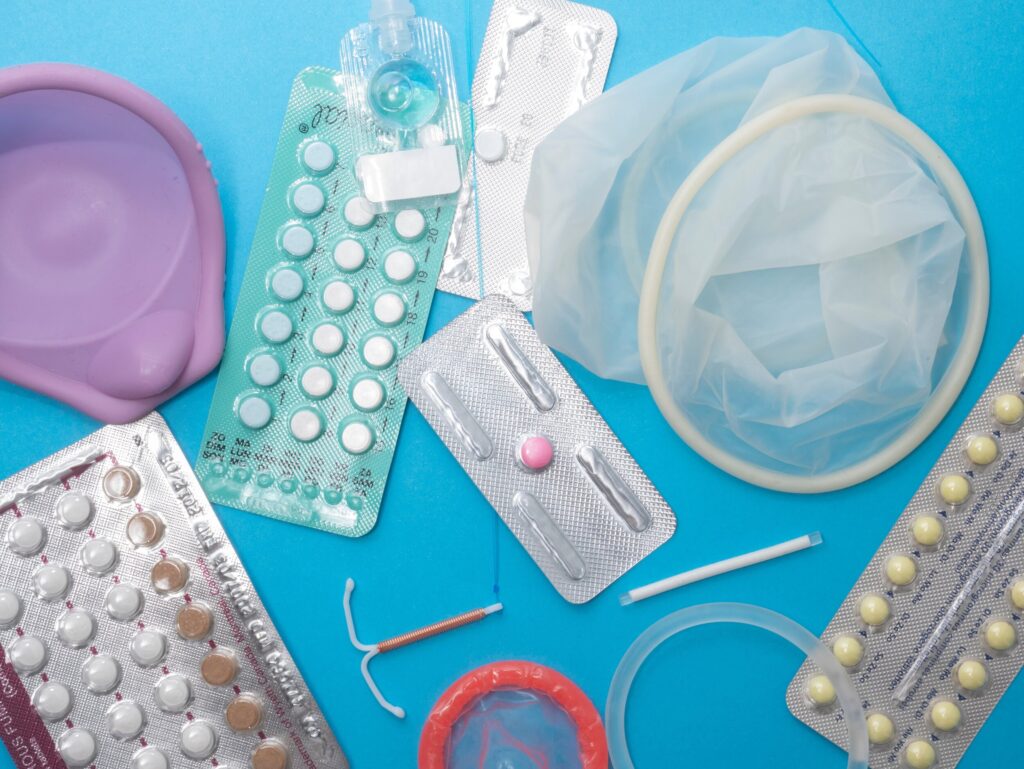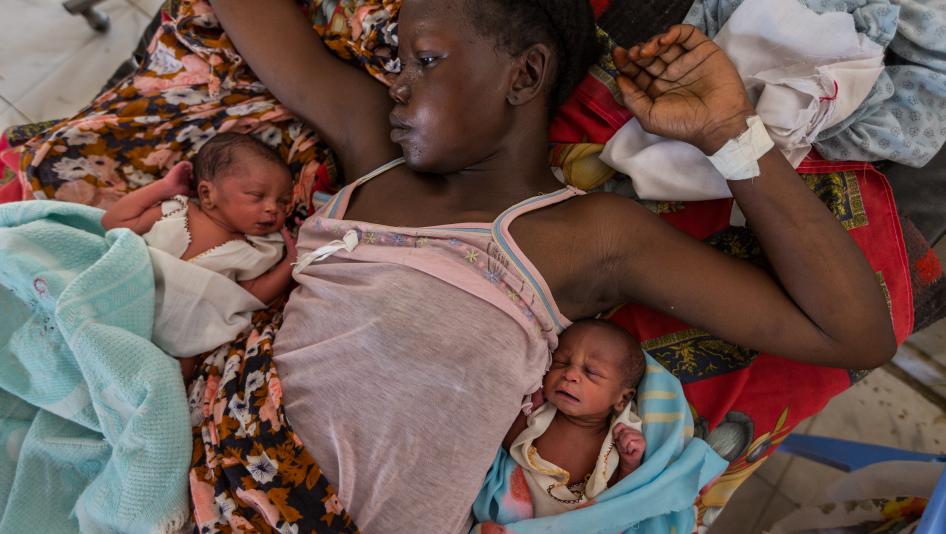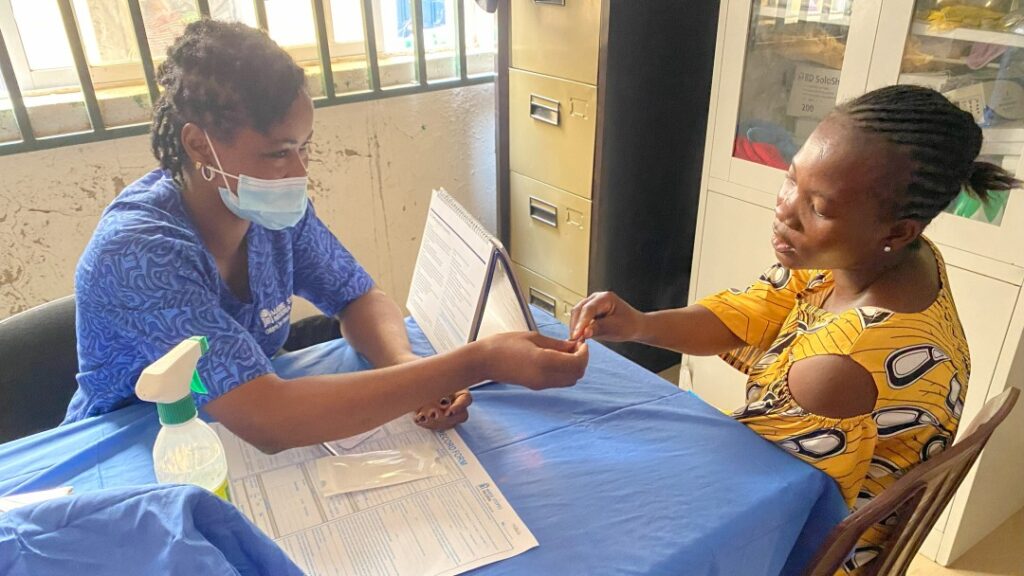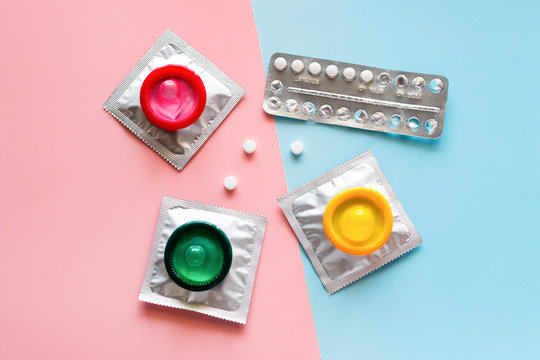In Nigeria, the issue of unintended pregnancies presents significant social and economic challenges. Emergency contraceptives (ECs) offer a crucial solution by preventing pregnancy after unprotected intercourse or contraceptive failure.
Despite their importance, there is still limited awareness and accessibility of these contraceptives across the country, particularly in rural areas.
This comprehensive guide aims to shed light on the various aspects of emergency contraceptives in Nigeria, including the types available, their accessibility, and the cultural and social attitudes surrounding their use.
Recommended: How To Use Neem Oil As a Contraceptive
This guide also examines the broader public health implications of increasing the use of emergency contraceptives, from reducing unintended pregnancies and unsafe abortions to improving maternal health and economic outcomes.
Emergency Contraceptives in Nigeria
Emergency contraceptives are methods used to prevent pregnancy after unprotected sex or contraceptive failure. They include emergency contraceptive pills (ECPs), commonly known as the “morning-after pill,” and the copper intrauterine device (IUD).
Recommended: Top 10 Myths and Misconceptions of Family Planning
These methods are designed to be used within a short window after intercourse, typically within 72 to 120 hours, depending on the method.

Types of Emergency Contraceptives Available in Nigeria
In Nigeria, two primary types of emergency contraceptives are available:
- Emergency Contraceptive Pills (ECPs): These pills contain higher doses of the hormones found in regular birth control pills, such as levonorgestrel or ulipristal acetate. Common brands in Nigeria include Postinor-2, Postpill and Pregnon.
- Copper IUD: Though less commonly used, the copper IUD can be inserted by a healthcare provider up to five days after unprotected sex and can provide ongoing contraception for up to 10 years.
Access and Availability of Emergency Contraceptives
Where to Obtain Emergency Contraceptives
In Nigeria, emergency contraceptives can be obtained from several sources:
- Pharmacies: ECPs are widely available over the counter in many urban and rural pharmacies.
- Clinics and Hospitals: Healthcare providers can offer both ECPs and copper IUDs, with counseling on proper use and potential side effects.
- NGOs and Community Health Programs: Non-governmental organizations often provide emergency contraceptives as part of their reproductive health services, especially in underserved areas.
Recommended: Does Family Planning Affect Future Pregnancy?
Cost and Affordability
The cost of emergency contraceptives can vary widely across Nigeria. While ECPs are relatively affordable, ranging from ₦500 to ₦2000 per pack, the cost of a copper IUD insertion can be significantly higher, often influenced by the type of healthcare facility and the region.

Cultural and Social Perceptions of Emergency Contraceptives
Cultural and social attitudes towards emergency contraception in Nigeria are complex and often rooted in traditional beliefs and religious doctrines. While some view these contraceptives as a necessary option for preventing unintended pregnancies, others see them as promoting promiscuity or as morally unacceptable.
Several misconceptions surround the use of emergency contraceptives in Nigeria, including:
- Infertility: Some believe that repeated use of ECPs can lead to infertility, though there is no scientific evidence to support this.
- Abortion: Others mistakenly equate emergency contraception with abortion, despite the fact that ECPs work primarily by preventing ovulation or fertilization.
Recommended: Does Sex Affect Periods?
Education plays a crucial role in shaping perceptions and increasing the acceptance of emergency contraceptives. Public health campaigns, community outreach, and school-based programs can help dispel myths and provide accurate information about the safety and efficacy of these methods.

Emergency Contraception Usage Patterns and Trends in Nigeria
Demographic Insights
Research indicates that the use of emergency contraceptives in Nigeria is more prevalent among younger women, particularly those aged 15 to 24. This age group is more likely to engage in unprotected sex and may have limited access to regular contraceptive methods.
Regional Variations
Usage patterns also vary significantly by region. Urban areas like Lagos, Abuja, Owerri, and Port Harcourt, with better access to healthcare services and higher levels of education, tend to have higher usage rates of emergency contraceptives compared to rural areas.
Recommended: Can Sex Make You Constipated?
Barriers to the Use of Emergency Contraceptives
Several barriers can hinder the use of emergency contraceptives in Nigeria, including:
- Lack of Awareness: Many women are unaware of the availability and proper use of emergency contraceptives.
- Stigma and Judgment: Social stigma and fear of judgment from healthcare providers can discourage women from seeking emergency contraception.
- Supply Chain Issues: Inconsistent supply and stock-outs at pharmacies and clinics can limit access.
Public Health Implications of Emergency Contraceptives in Nigeria
1. It Reduces Unintended Pregnancies
Emergency contraceptives play a crucial role in reducing the rate of unintended pregnancies in Nigeria. By providing a last-resort option for women who have had unprotected sex or experienced contraceptive failure, these methods help prevent the potential physical, emotional, and economic consequences of unintended pregnancies.
2. It Addresses Maternal and Child Health
Reducing unintended pregnancies can have a positive impact on maternal and child health. It allows women to space their pregnancies, which can lead to better health outcomes for both mothers and children.
Recommended: What Happens at a Vasectomy Consultation?
Furthermore, it reduces the likelihood of unsafe abortions, a significant contributor to maternal mortality in Nigeria.
3. It Empowers Women and Promotes Reproductive Rights
Access to emergency contraceptives empowers women to make informed decisions about their reproductive health. It promotes reproductive rights by giving women control over their fertility and enabling them to prevent pregnancies on their terms.

Challenges and Future Directions
1. Policy and Regulatory Landscape
The regulatory framework for emergency contraceptives in Nigeria is relatively supportive, allowing over-the-counter sales of ECPs. However, there is a need for clearer guidelines and policies to ensure consistent availability and proper use.
2. Enhancing Access and Awareness
To improve access and awareness, several strategies can be employed:
- Strengthening Supply Chains: Ensuring a consistent supply of emergency contraceptives in pharmacies and clinics across Nigeria.
- Community Outreach: Utilizing community health workers and NGOs to raise awareness and provide accurate information about emergency contraception.
- Education Programs: Incorporating reproductive health education into school curriculums and public health campaigns.
Recommended: Are You Still a Virgin If You Use a Condom?
3. Addressing Stigma and Misconceptions
Efforts to address stigma and misconceptions should focus on:
- Engaging Religious and Community Leaders: Working with influential figures to promote a more supportive environment for the use of emergency contraceptives.
- Public Awareness Campaigns: Using media and social platforms to disseminate accurate information and normalize the use of emergency contraception.
4. Research and Data Collection
Ongoing research and data collection are essential for understanding the usage patterns, barriers, and impacts of emergency contraceptives in Nigeria. This information can inform policy decisions and program development, ensuring that interventions are effective and responsive to the needs of Nigerian women.
Conclusion
Emergency contraceptives are a critical component of reproductive health care in Nigeria. Despite challenges related to access, affordability, and social perceptions, these methods offer a valuable option for preventing unintended pregnancies and promoting women’s reproductive rights.
By addressing barriers, enhancing awareness, and fostering supportive policies, Nigeria can improve the availability and acceptance of emergency contraceptives, ultimately contributing to better health outcomes for women and families across the country.
